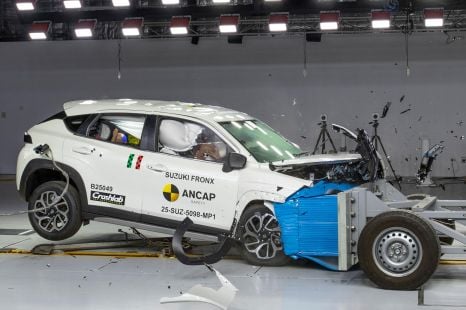

Damion Smy
Suzuki Fronx scores one-star ANCAP rating after seatbelt failure
8 Hours Ago

Contributor
Audi is getting ready to take on the Dakar rally with an electric range-extender off-roader.
The RS Q e-tron has electric motors nicked from the Audi Formula E car on both axles, backed by a third motor-generator unit acting as an inverter and feeds regenerated energy into the 50kWh lithium-ion battery pack.
The motors can act independently of each other, with no mechanical linkage or differential required to give the car four-wheel drive.
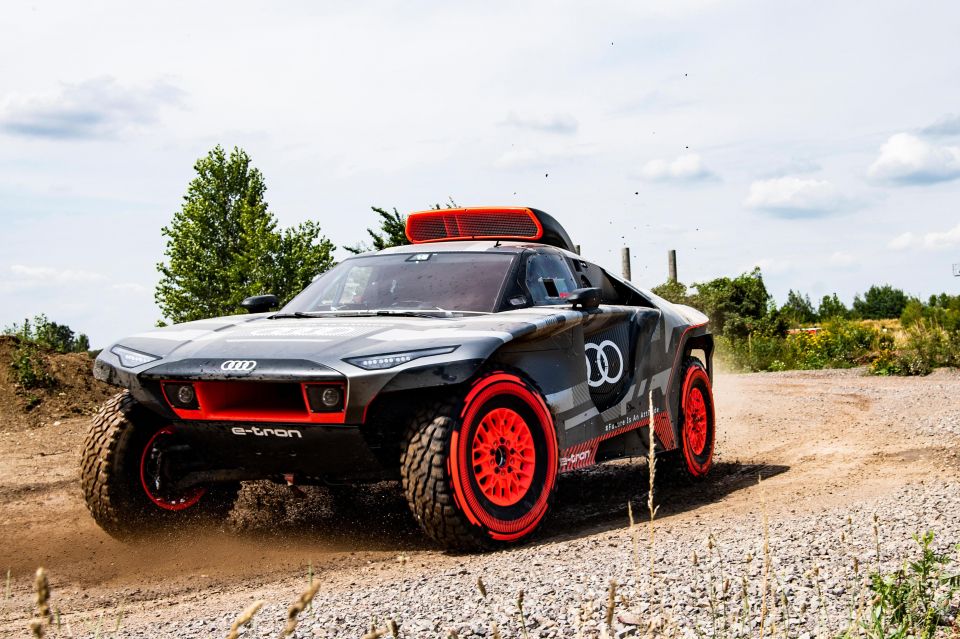
The system outputs up to 500kW of power, although exactly how much of that will be unlocked during the Dakar depends on how the regulators categorise the Q e-tron.
Supporting the 50kWh battery pack is a turbocharged2.0-litrefour-cylinder petrol engine from Audi’s current DTM car.
Rather than powering the wheels directly, it runs between 4500 and 6000rpm to feed the lithium-ion battery.
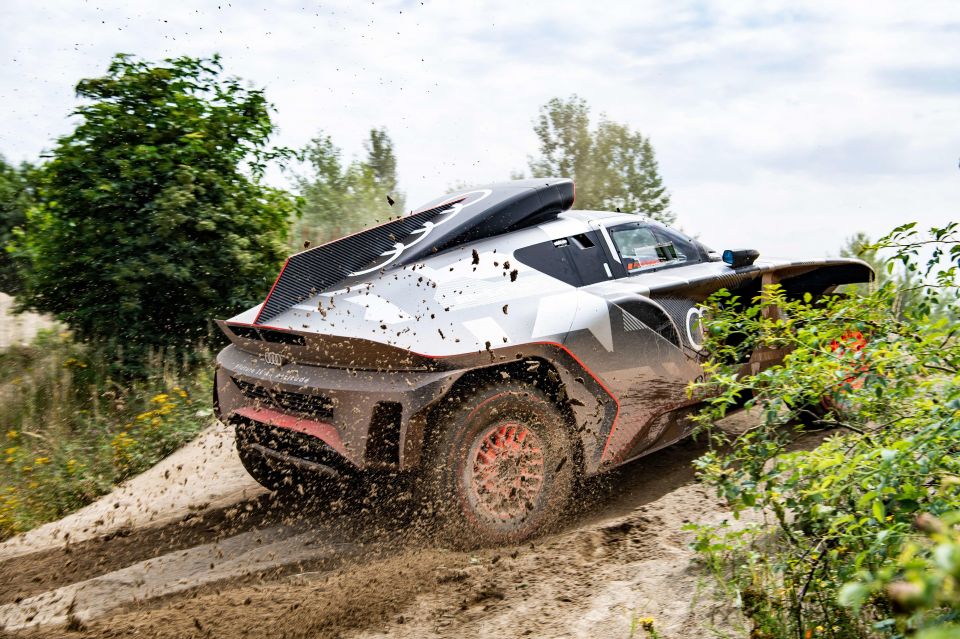
Given some Dakar stages are 800km long, the lithium-ion battery (which weighs in at 370kg) will need to be recharged multiple times on some days – and ultra-rapid DC chargers are thin on the ground in the deserts of Saudi Arabia.
“What we are trying to do has never been done before. This is the ultimate challenge for an electric drivetrain,” Andreas Roos, responsible for the Dakar project at Audi Sport.
Audi has previously announced it will field three driver and co-driver pairings in the event, in an attempt to “herald [an] energy revolution in cross-country rallying”.
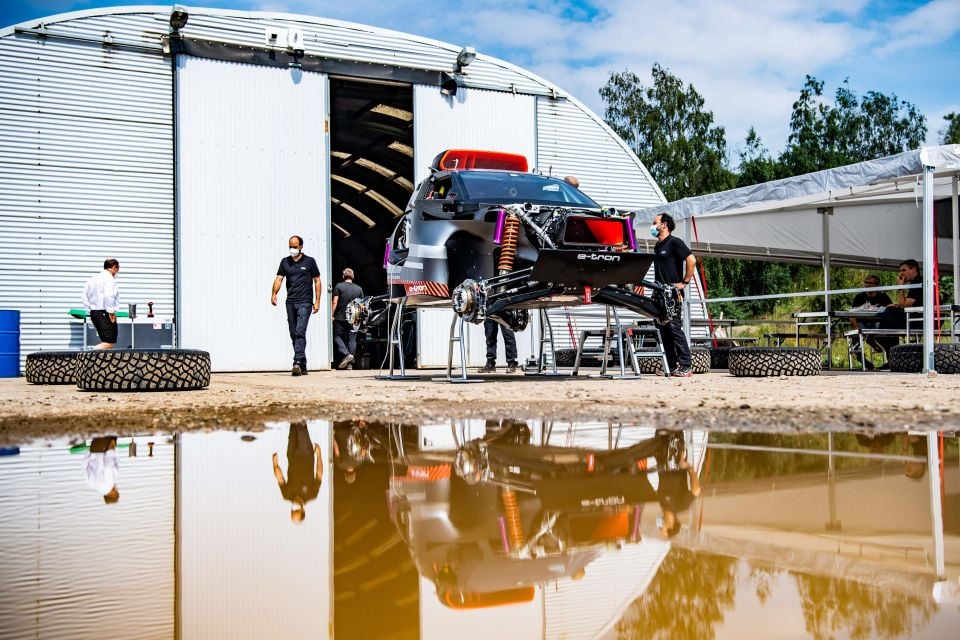
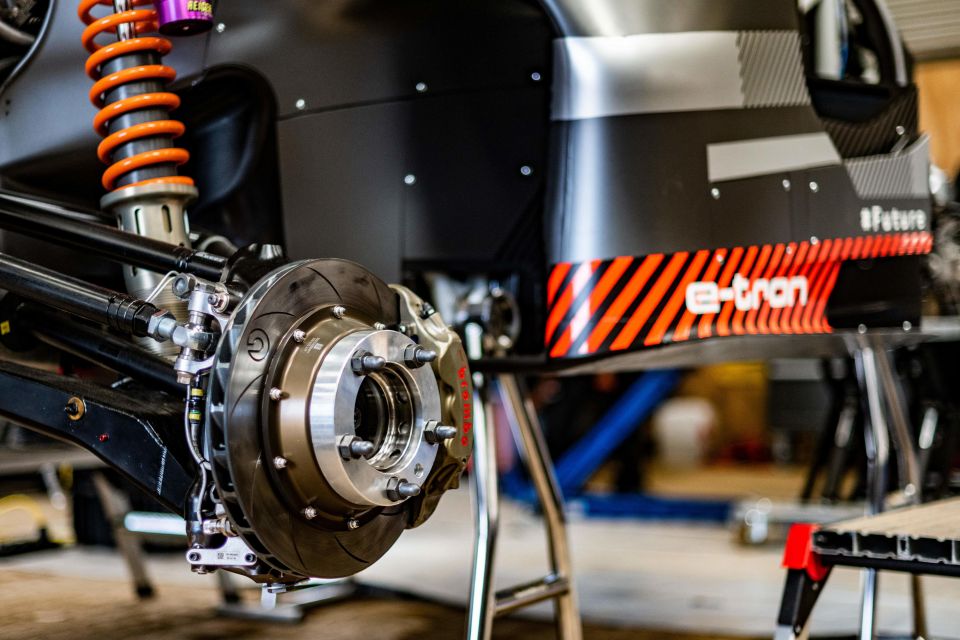
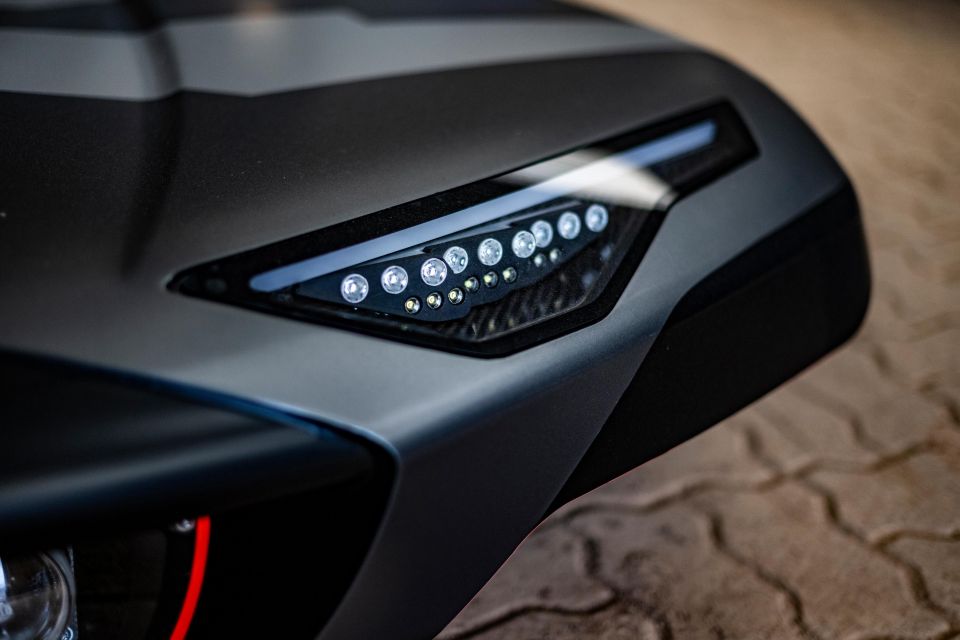
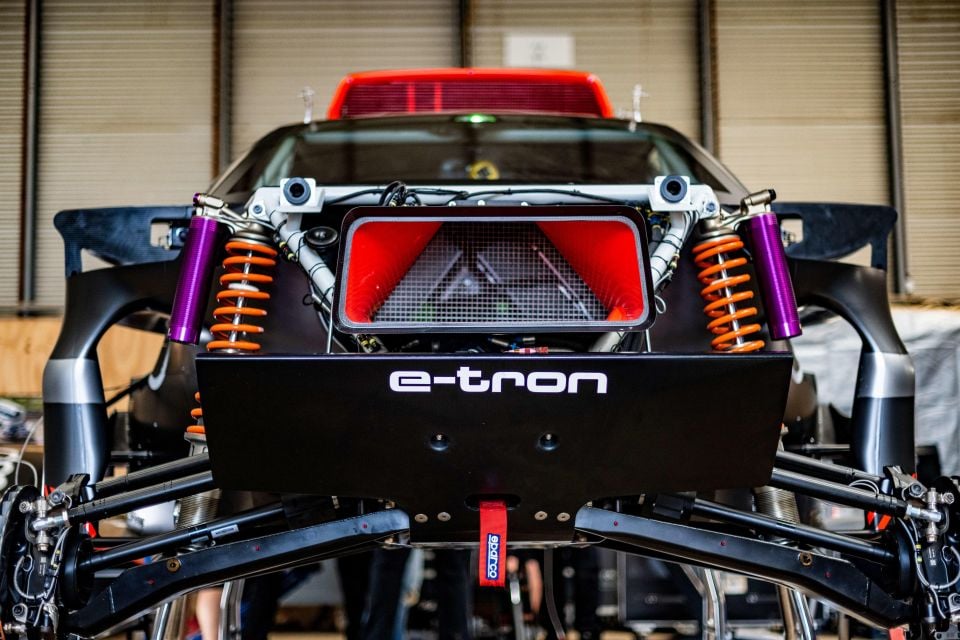
The drivers will be 14-time Dakar winner Stéphane Peterhansel, two time World Rally Champion Carlos Sainz Sr, and two-time DTM champion (and World RallyCross driver) Mattias Ekström.
The RS Q e-tron will make its debut at the Dakar rally in January 2022. Testing is currently underway.
Where expert car reviews meet expert car buying – CarExpert gives you trusted advice, personalised service and real savings on your next new car.
Scott Collie is an automotive journalist based in Melbourne, Australia. Scott studied journalism at RMIT University and, after a lifelong obsession with everything automotive, started covering the car industry shortly afterwards. He has a passion for travel, and is an avid Melbourne Demons supporter.


Damion Smy
8 Hours Ago
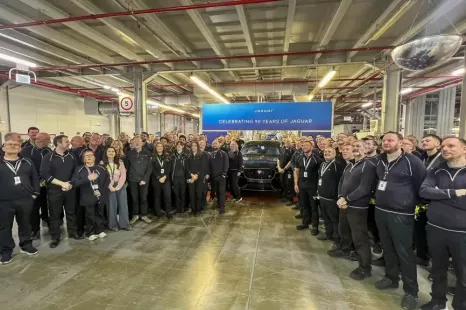

Damion Smy
12 Hours Ago
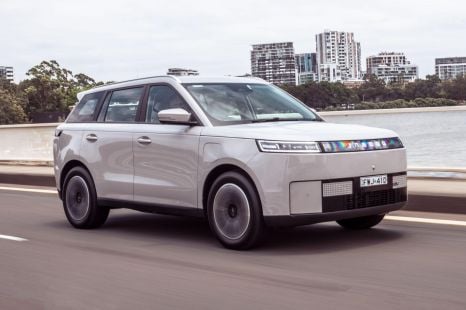

Josh Nevett
14 Hours Ago
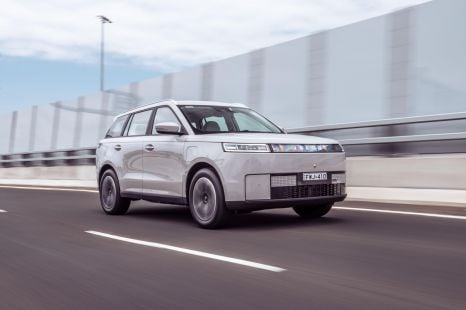

Josh Nevett
14 Hours Ago
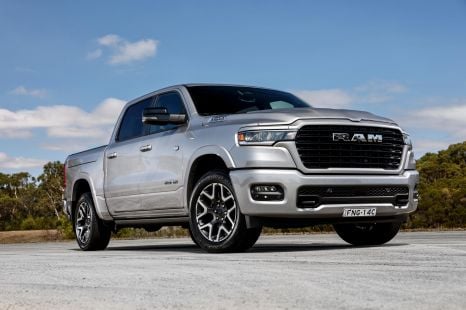

Damion Smy
14 Hours Ago
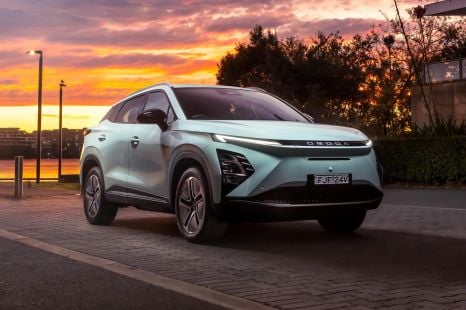

CarExpert.com.au
15 Hours Ago